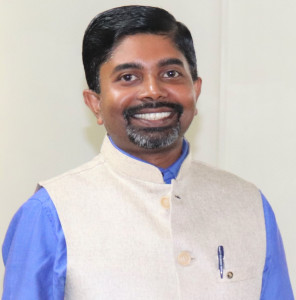
Prof. Deepak Bhagat
Email: hodabmft@nehu.ac.in
Admission Announcement 2025-2026 MBA (Agribusiness) and MSc Food Technology
ABOUT THE DEPARTMENT:
India’s economy is predominantly agrarian, with over half of the population engaged in agricultural activities. Given this extensive reliance on agriculture, there is substantial potential for agribusiness management and food technology in the country. In recognition of this need, the Department of Agribusiness Management and Food Technology (ABM&FT) was established in 2012 with the specific objective of developing professionals equipped to address the dynamic challenges of the food processing and agribusiness sectors. Agribusiness management encompasses a wide range of domains, including farm operations, supply chain logistics, market analytics, and financial planning. The discipline aims to enhance efficiency within agricultural systems, ensuring sustainable and profitable outcomes. Food technology, meanwhile, constitutes an interdisciplinary field that focuses on the scientific principles underlying food production, preservation techniques, quality assessment, and research-driven advancements in food processing. The curriculum in food technology equips learners with the expertise necessary to optimize food safety, enhance nutritional profiles, and implement innovative packaging methodologies. The ABM&FT department plays a pivotal role in facilitating skill development, fostering research initiatives, and preparing students for careers in food processing, agribusiness, and allied industries. By integrating managerial competencies with technological innovation, the department contributes to the sustainable growth of India's agricultural and food sectors in an increasingly globalized economic landscape.
PEDAGOGY
The Department of Agribusiness Management & Food Technology adopts an inclusive and experiential pedagogical approach that connects classroom instruction with real-world contexts and diverse perspectives. Recognizing the inherently multidisciplinary nature of agribusiness and food technology, the department emphasizes a teaching model that nurtures critical thinking, problem-solving, and the ability to integrate knowledge across domains. In the MBA (Agribusiness Management) programme, the case method forms the core of instruction, encouraging students to analyze complex situations and propose actionable solutions. This is complemented by a variety of interactive and participatory methods including group discussions, individual and group projects, student presentations, business simulations, role-plays, brainstorming sessions, and business games. The use of flipped classrooms further promotes active learning, enabling students to engage with the material, articulate insights, and apply concepts to practical challenges. Field visits, industrial tours, and rural internships reinforce learning through direct exposure to ground realities. In the M.Sc. (Food Technology) programme, the focus is on hands-on and experiential learning. Pedagogical methods include project-based, example-based, and field-based learning, providing students with opportunities to apply scientific principles to real-time food processing and development scenarios. The curriculum is regularly enriched through interactions with industry experts, bridging academic learning with current industry practices and innovation. Across both programmes, the department remains committed to cutting-edge pedagogical practices, ensuring that students are well-prepared to address contemporary challenges in the agri-food sector with both technical competence and managerial insight.
INFRASTRUCTURE FACILITIES:
Currently, the Department has well equipped specialized instrumentation Laboratories of (a) Food Chemistry and Analysis Lab, (b) Food Microbiology Lab, (c) Food Engineering Lab,(d) Central Instrumentation Lab, (e) Bakery Lab. and (f) Incubation center. The Department has an Agri-Communication Centre which aims to take upon an onus to document indigenous farm knowledge, practice and management, which would enable the students as they prepare themselves to become future managers to incorporate such stories while marketing a particular product from the region. All the classrooms are well-equipped with digital teaching aids like LCD projectors. The students can avail the various books and journals available in the Central Library of the Campus.

Prof. Deepak Bhagat
Professor

Dr. Gino A. Sangma
Assistant Professor
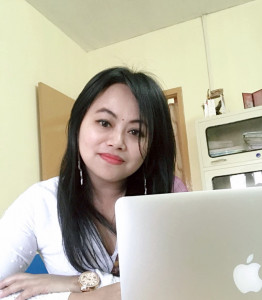
Dr. Sheena Haorongbam
Assistant Professor
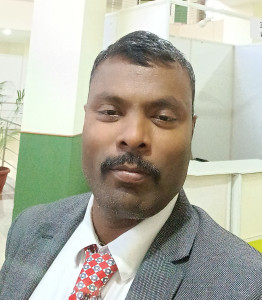
Dr. Raju Sasikumar
Associate Professor
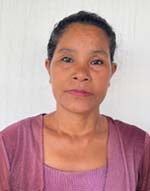
Mrs. Chengme CH. Marak
Peon
Contractual
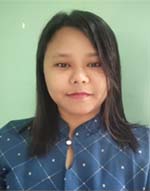
Ms. Danchera M. Sangma
LDC
Contractual
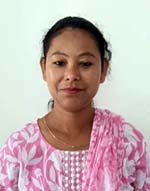
Mrs. Ritha D. Marak
Cleaner
Contractual
No latest announcements.